We help children and their families
Lizard is a specialist in delivering life-changing therapy for children and adolescents.
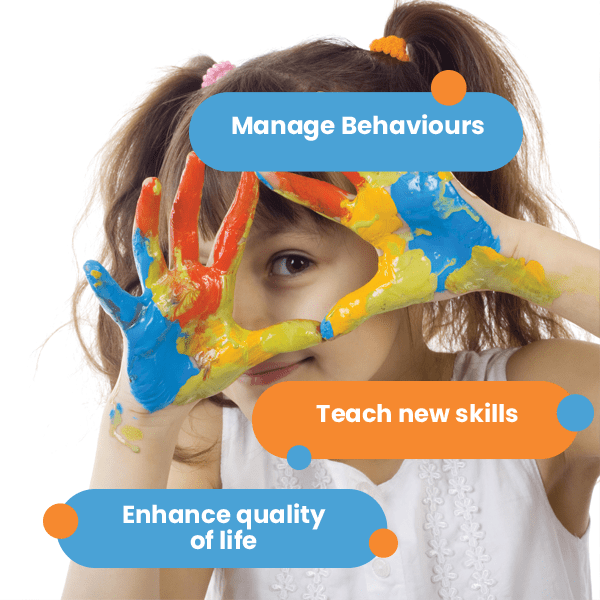
Transforming Lives
For over 20 years, we have provided positive behaviour support and behaviour therapy to thousands of children across Australia.
We grow skills for children with developmental delays, autism or
behaviours of concern.
Communication skills
A child’s communication skills underpin the programs which we provide at Lizard. They are critical to teaching new skills.
These include requesting, providing feedback, expressing emotions, and answering questions.
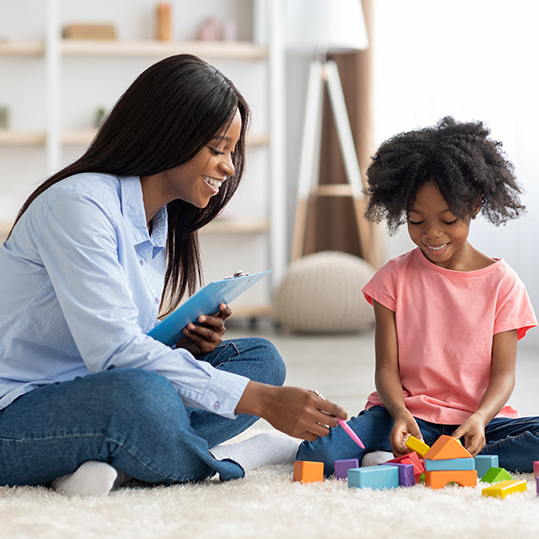
Behaviour Management
We understand that challenging behaviours are often a source of frustration and emotional distress for both the child and their parents.
We develop proactive strategies to reduce problem behaviours and replace them with postive alternatives.
We can help with aggression, self-harm, damage to property, elopement or social withdrawal.
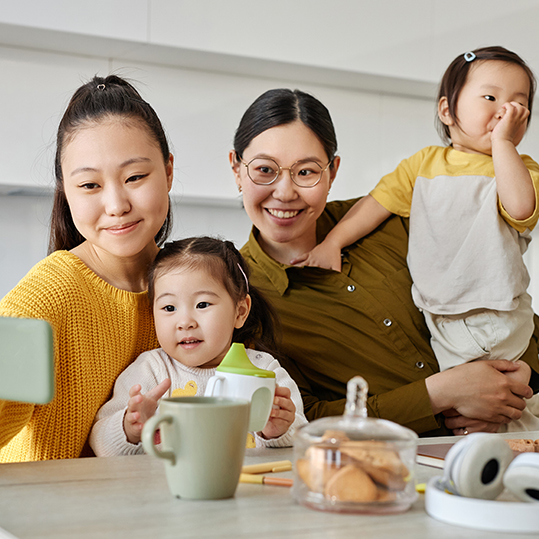
Daily routine
Many families seek our help in embedding a healthy daily routine. This reduces everyday stress and family friction, and leads to healthier and happier children (and parents!).
We help families establish routines for:
- Bedtime and sleeping
- Eating and mealtimes
- Toileting
- Grooming and self-care
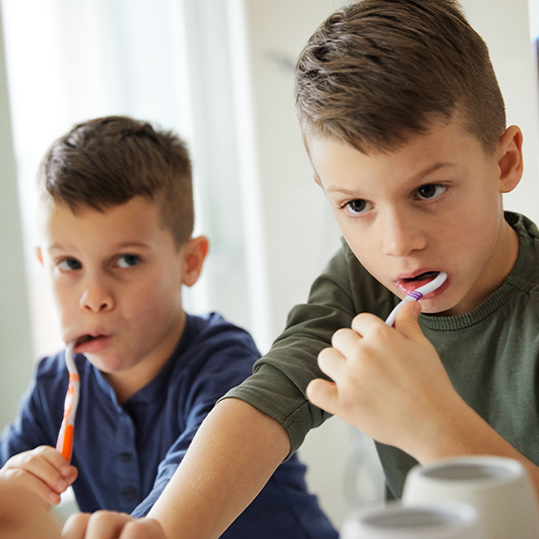
Social Skills
Making friends and engaging socially is a common challenge for children with developmental delays or autism.
Our programs focus on teaching and reinforcing social skills through structured practice and support.
This helps improve a child’s engagement with parents and siblings, peers at kindy or school, as well as in daily interactions.
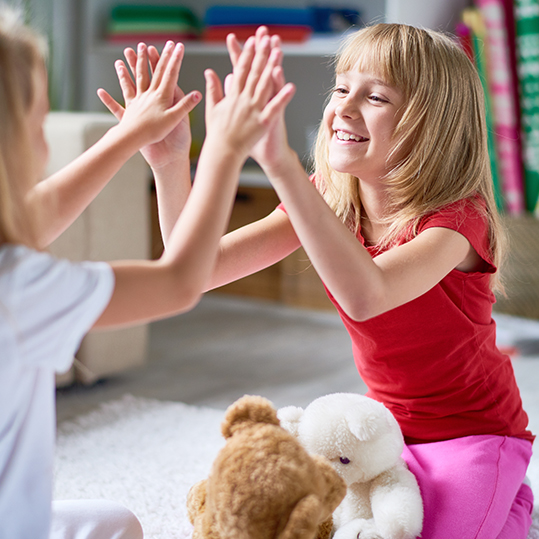
School Skills
Kindy or school often provide a challenging environment for the children we support.
Our Lizard programs are based on teaching foundational “Learning to Learn” skills of communication, toleration and collaboration.
These help greatly in kindy or school. Our therapists work with your child in day care or school to help provide individualised support and skills.
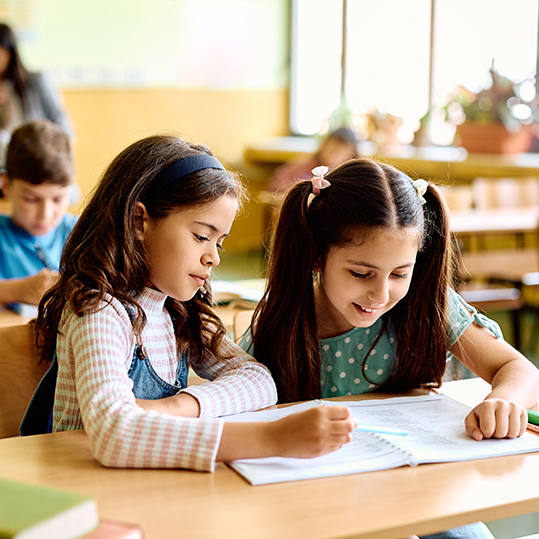
How our programs work
Our programs are based on the latest evidence-based practices to achieve the best results.
We start each program by teaching the three foundational “learning to learn” skills of communication, toleration and collaboration.
Based on the child and family needs, we then deliver a tailored program of learning on new life skills such as communication, self-care, and social skills.
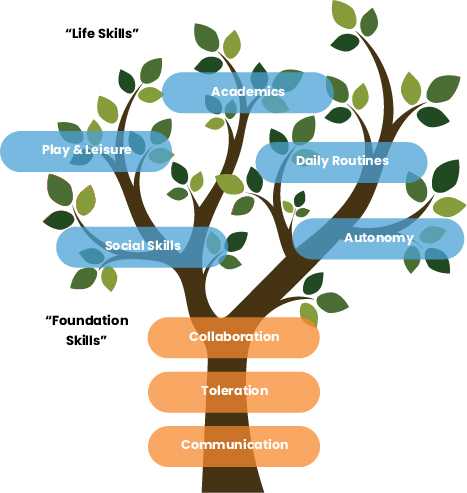

Nurturing Social Connections and Building Strong Relationships
School Skills
Kindy or school often provide a challenge to children we support.
Our Lizard programs are based on teaching three foundational “Learning to Learn” skills of communication, toleration and collaboration.
These help greatly in kindy or school. Our therapists work with your child in daily care or school to help provide individualised support and skills.
Our programs focus on teaching and reinforcing social skills through structured practice and support.
This helps improve a child’s engagement with parents and siblings, peers at kindy or school, as well as in daily interactions.
Timothy Powell
Lisa R. Boone
we love them
what our clients have to say



Awards and Accreditations
The Lizard Centre is a registered NDIS provider for positive behaviour support and therapy.
We are a registered member of Behaviour Support Practitioners Australia, we are a BACB ACE provider, and we are a member of Autism Pathways.

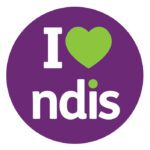

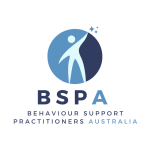
We’re proud to share that Lizard Centre has been named Australia’s Most Outstanding Behaviour Supports Provider for 2025 at the Enablement Awards by Disability Update.

join a Lizard program
If you would like to learn more, please complete our Enquire Now Form or call our friendly Intake Team.
